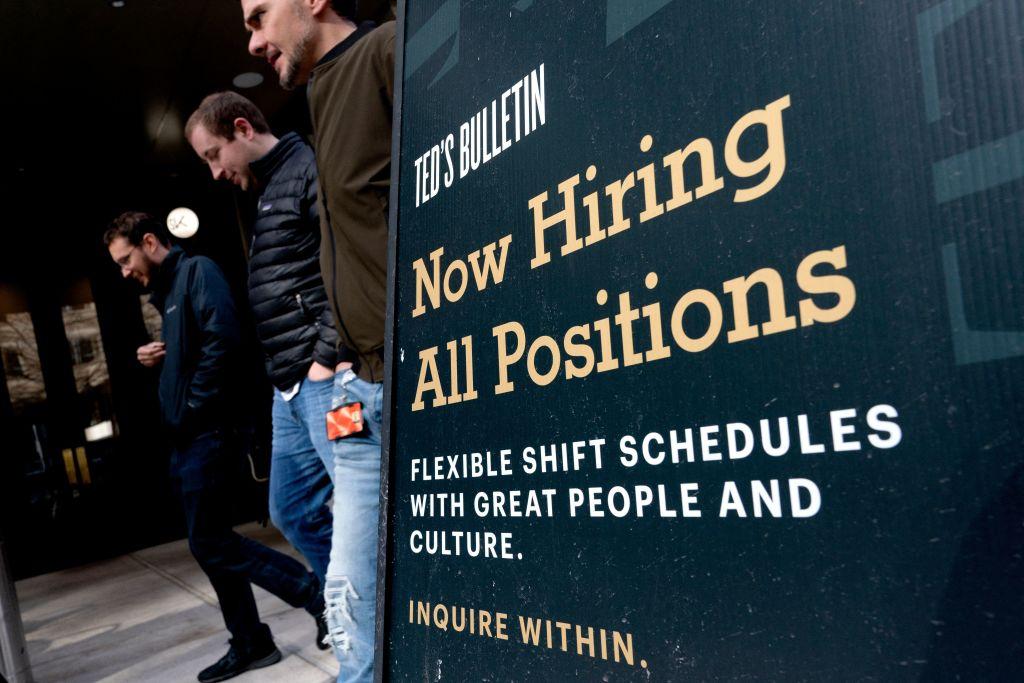Workers engaged in diversity, equity, and inclusion (DEI) roles have lost jobs at a higher rate than other employees since 2020, with Amazon registering the most number of such terminations, according to workforce analytics firm Revolio Labs.
Attrition rates for DEI roles at over 600 companies that have laid off workers since late 2020 outpaced that of non-DEI roles, states a Feb. 7th report by Revolio Labs. In the past six months, this trend has accelerated. Revolio’s analysis revealed that the churn rate for DEI-related roles at the 600 firms was 33 percent compared to only 21 percent for non-DEI positions.





